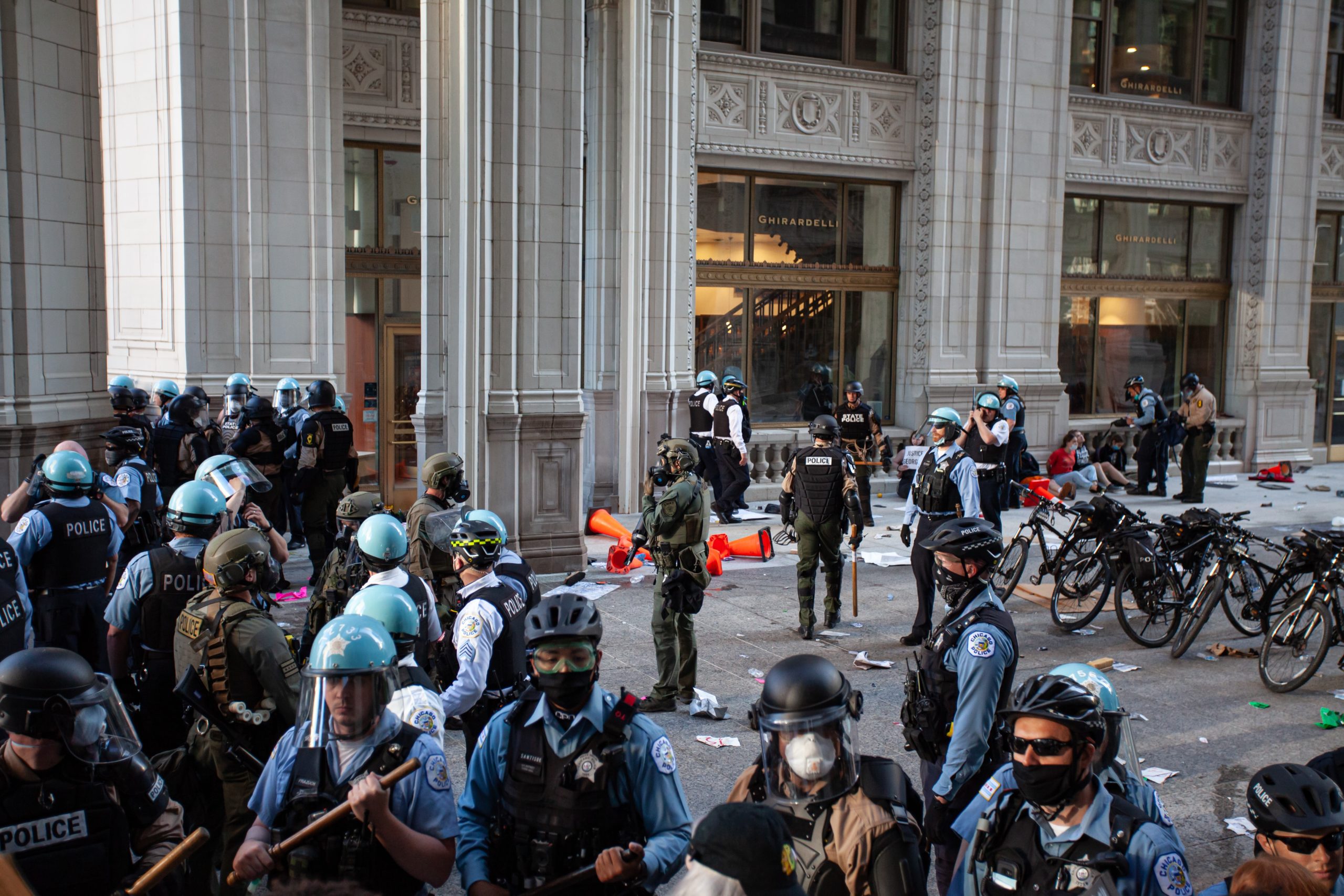Police reform bills are the new trend and many States are moving fast to repeal and restrict the rights of officers. Below are 5 of the worst police reform bills we could find as of the publish date of this article. Stay tuned to our blog for updates and watch our Police Legislative Advocacy Center for updates on police bills in your state and resources for contacting your politicians.
Worst Police Reform Bills – 5 Bills to Watch
1) H.R. 1280 – George Floyd Justice in Policing Act
This bill, titled the “George Floyd Justice in Policing Act,” is the national crown jewel of the anti-law enforcement agenda circulating through liberal governments around the country. Written by Democrats in Congress, it nationalizes the key targets of the progressive policing agenda. One of the primary points of the legislation is to create a national standard for policing determined by Big Government and special interests. It codifies defunding police departments in favor of community organizations typically pushed by the left, requires officers to undergo “racial sensitivity” training, and bars certain non-lethal tactics such as chokeholds. Finally, the bill seeks to lower immunity protections for police, institutionalize independent prosecutors within the Justice Department to investigate complaints against local police, and to mandate data collection on police encounters in the United States.
2) Oregon, H.B. 2929 – Misconduct Intervention
This bill introduced by Oregon state legislators, if passed, would call on and require police officers to intervene if a colleague is deemed to be using excessive force, or some other defined act of “misconduct.” The offenses listed under this bill include use of force which is “objectively unreasonable,” sexual harassment or misconduct, discrimination based on race, sex, religious background, disability, or age, and “A violation of the minimum standards for physical, emotional, intellectual and moral fitness for public safety personnel.” This statute would require the intervening officer to report the misconduct to a relevant third party within 72 hours of the incident. If not, they will be punished. This statute opens the door to a culture of fear and mistrust within a department when “objective” misconduct will inevitably become subjective experiences, varying between the perceptions of individual officers and even the civilians with whom they are interacting.

3) Maryland, H.B. 670 – Repeal of the Law Enforcement Bill of Rights
In 1974, Maryland passed a first of its kind legislation referred to the Law Enforcement Officers Bill of Rights. The statute provided law enforcement officers with a degree of protection implementing such measures as giving police a lawyer present during interrogations, a 90-day limit to police brutality investigations, and expunging an officer’s record after a determined window of time. H.B. 670 not only seeks to completely repeal this hallmark protection for police, but also calls for additional restrictions on law enforcement, such as limiting “no-knock” search warrants, requiring supervisors and State’s Attorneys to sign off on said warrants, and imposing restrictions on law enforcement when executing certain search warrants. The bill also furthers the progressive race agenda by “requiring the Commission to develop a test and training for implicit bias, require certain law enforcement agencies to use the implicit bias test at a certain time, and require certain police officers to complete implicit bias testing and training at certain times.”
4) New Mexico, S.B. 227 – Deadly Force ONLY as a Last Resort
This bill is like the nationalized version covered above in H.B. 1280. One of the primary objectives of this New Mexico legislation is to greatly restrict an officer’s use of deadly force capabilities. “A law enforcement officer shall not use deadly physical force upon another person unless it is used as a last resort, after the officer has exhausted de-escalation tactics and techniques and, based on the totality of the circumstances…” In high stakes scenarios where officer’s lives may hang in the balance, police would be expected to follow the left’s obsession with supposed de-escalation tactics, but when an officer would be opened up to litigation and prosecution, who decides when “de-escalation” has been exhausted? This bill would also remove the ability for effective riot control, eliminating the use of tear gas and non-lethal ammunition. While New Mexico is proposing several police reform bills, this may be the most comprehensive as it also bans “no-knock” warrants, and a duty to intervene, similar to the above Oregon bill.
5) Indiana, S.B. 168 – Indianapolis Police Oversight
Lawmakers in the Indiana Senate have put forward a proposal to turn oversight of the Indianapolis police department over to a state-controlled board. The proposal comes after a record year of over 200 reported homicides. Sen. Jack Sandlin and Sen. Scott Baldwin are former police officers who proposed the bill, citing their belief in too little trust between the department and the local community. The bill creates a five-member oversight committee for the Indianapolis Metropolitan Police Department, according to WTHR News. Four positions would be appointed by the state’s governor, one by the mayor of Indianapolis. The bill has been sent for a “summer study,” as many have voiced opposition to it, including members of the city’s African American Coalition.
Image Credit: Photo by Dominique Robinson on Unsplash
In order to effectively influence legislation that affects the Law Enforcement community, it is essential to first educate the public on the issues. That is why we are launching the Police Legislative Advocacy Center page on our website!









